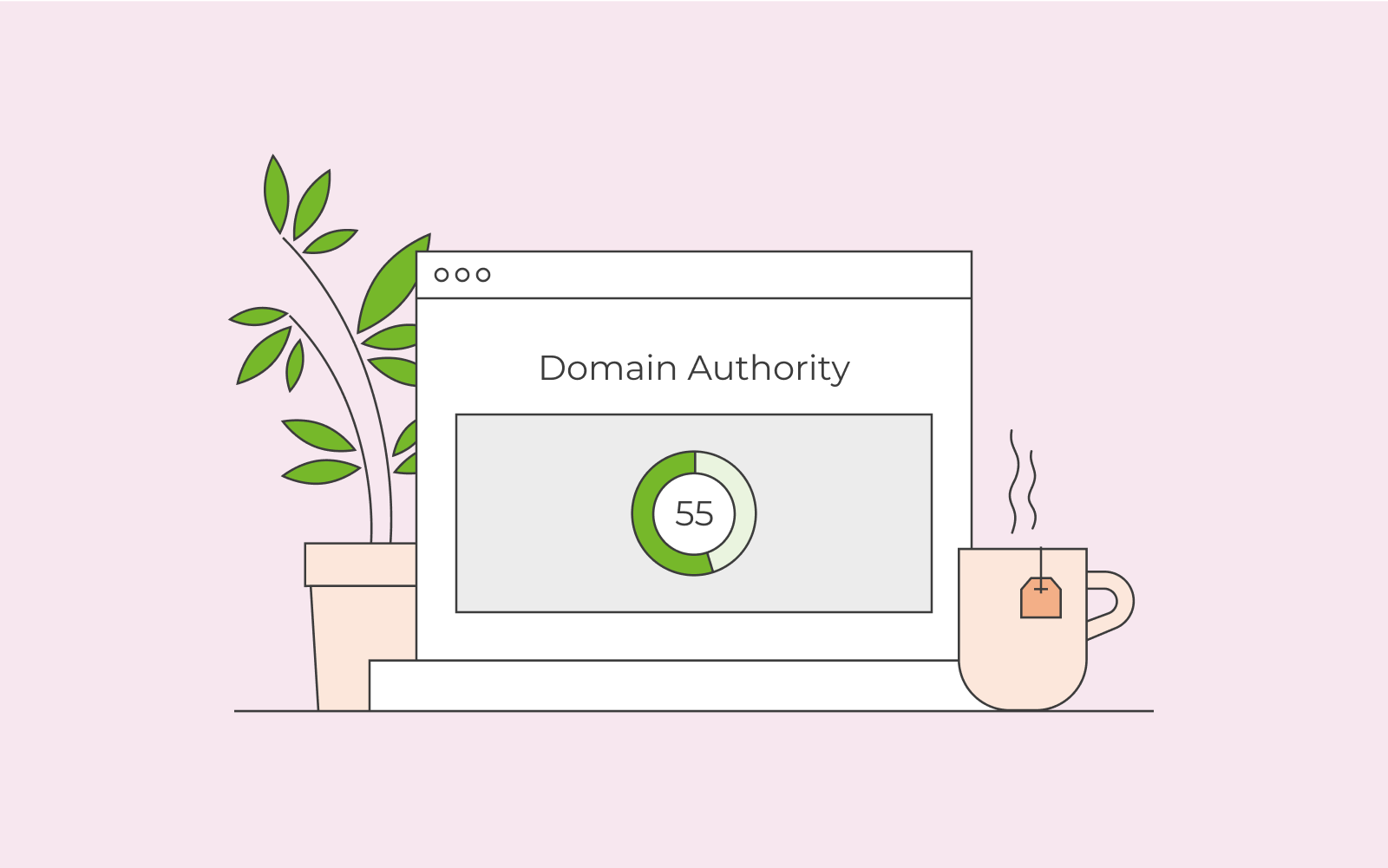

Are you trying to improve your website's domain rating? Then you've come to the right place!
In this article, we'll reveal the best practices for boosting your rating so you can climb the rankings and get more traffic.
We'll cover domain authority, content quality, link building, technical SEO, site structure, analytics, and testing and monitoring. Ready to learn what it takes to boost your domain rating? Let's get started!
You're undoubtedly familiar with Domain Rating and its importance to your website's success. It's the measure of your website's authority, credibility, and trustworthiness. A good Domain Rating can attract more visitors and increase the visibility of your website in search engine results pages.
But how do you improve your website's Domain Rating? In this article, we'll explore the best practices for improving your website's Domain Rating and help you gain more visibility for your site. We'll cover topics such as link building, content optimization, and user experience optimization.
By following these tips, you'll be able to make your website stand out and gain trust with search engines.
First, it's important to understand how Domain Authority affects your website's ranking; it's one of the most important SEO metrics that determines the position of your website on search engine result pages.
Domain Authority is a score developed by Moz that predicts how well a website will rank on search engine result pages. It's calculated by analyzing the number and quality of links to a website from other websites. The higher the Domain Authority score, the better it is for your website's ranking.
To improve your website's Domain Authority, you should focus on building quality links from authoritative websites and creating unique, keyword-rich content. Additionally, you should ensure that your website is technically sound and free from any errors or broken links. All of these strategies will help to boost your website's Domain Authority and improve its ranking in search engines.

Continuing to build quality links from authoritative websites is important, but creating unique, keyword-rich content is also essential for improving your website's Domain Authority. Quality content not only attracts new visitors, but also helps to maintain a steady flow of returning visitors.
To ensure that your content is high-quality, research keywords that are relevant to your website's topics and use them in your content. Additionally, ensure that your content is well-structured, provides value, and is free of spelling and grammar errors.
To further improve the quality of your content, consider adding visuals such as videos, infographics, and images. Finally, be sure to regularly update your content to keep it relevant and fresh. Following these tips will help you create content that will help improve your website's Domain Rating.
For increasing your website's Domain Rating, link building is key. It involves creating links from other websites to your own or vice versa. This helps to establish your website as a source of reliable and useful information for other websites and their visitors.
Creating links from your website to other reliable websites can also help to demonstrate that you are a trusted source. Ensure links are relevant to your website and content by carefully researching the websites you want to link to.
Additionally, make sure your anchor text is descriptive and relevant. Lastly, link to quality websites and make sure to monitor and update your links regularly. Link building is an important factor in boosting your website's Domain Rating.

Apart from link building, another way to improve your website's Domain Rating is through technical SEO. This involves optimizing your website's elements to ensure it is visible, accessible, and indexed by search engines.
You should audit your website to identify any technical issues, such as slow loading times, broken links, and incorrect redirects. Additionally, ensure your website is mobile-friendly and secure. You should also optimize your site for crawlability by creating an XML sitemap and submitting it to search engines.
Lastly, ensure your website has a meta title, description, keywords, and alt tags for each page. Taking the time to work on these technical elements can greatly increase your website's visibility and Domain Rating.
You need to ensure your website has a good structure in order to improve your Domain Rating. A structured website is easy to navigate, which makes it easier for users to find the information they're after.
Additionally, having a well-structured website allows search engine robots to crawl your pages more efficiently. This in turn helps them index and rank your pages better.
When structuring your website, make sure you create a logical hierarchy and utilize an organized URL system. You should also use descriptive page titles and meta descriptions to make it easier for users to know what each page is about. Additionally, focus on creating a fast page loading time and make sure all pages are secure.

Yes, there are some risks associated with improving your domain rating. When making changes to your domain, you could inadvertently cause search engine penalties or hurt your organic search rankings. Additionally, changes to your domain could lead to a decrease in traffic and overall visibility of your website. It's also important to note that changes to your domain could create confusion for visitors and lead to a decrease in customer loyalty. Be sure to research any changes you're considering and consider the potential risks before proceeding.
It's important to regularly check your domain rating to ensure your website is performing at its best. How often you should check it depends on the type of website you have and your level of activity. If you have a blog or news website that's updated frequently, you should check your domain rating at least once a month. If your website is more static, you can check your rating every few months. Additionally, you should check your domain rating if you make any changes to your website design or content, as this could affect your ranking.
You can track changes in your domain rating by using a domain rating checker. These tools will provide you with a rating that can track changes over time. This can help you to analyze the effectiveness of any changes you have made to your website. Additionally, you can use analytics tools to track website traffic and see if any changes have had an impact on your domain rating.